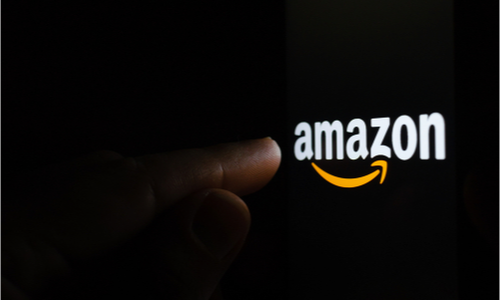iRobot agreed to be acquired by Amazon for $1.7 billion, according to a joint statement by the two companies on Saturday. If the deal goes through, it would give Amazon access to yet another wellspring of personal data: interior maps of Roomba owners’ homes.
iRobot got its start building robots for the US military, but 20 years ago added consumer vacuums to the mix. (It spun off the defense business altogether in 2016.) Those Roombas work in part by using sensors to map the homes they operate in. In a 2017 Reuters interview, iRobot CEO Colin Angle suggested the company might someday share that data with tech companies developing smart home devices and AI assistants.
Combined with other recent acquisition targets, Amazon could wind up with a comprehensive look at what’s happening inside people’s homes. The ecommerce giant acquired video doorbell company Ring in 2018and Wi-Fi router-maker Eero a year later.
Speakers and other devices with AI assistant Alexa can now control thousands of smart home devices, including Roomba vacuums. And Amazon plans to acquire primary care chain One Medical in a $3.49 billion all-cash deal, which if approved would put the health data of millions in its keeping.
“People tend to think of Amazon as an online seller company, but really Amazon is a surveillance company. That is the core of its business model, and that’s what drives its monopoly power and profit,” says Evan Greer, director of the nonprofit digital rights organization Fight for the Future. “Amazon wants to have its hands everywhere, and acquiring a company that’s essentially built on mapping the inside of people’s homes seems like a natural extension of the surveillance reach that Amazon already has.”
Want more news? Subscribe to CPI’s free daily newsletter for more headlines and updates on antitrust developments around the world.

